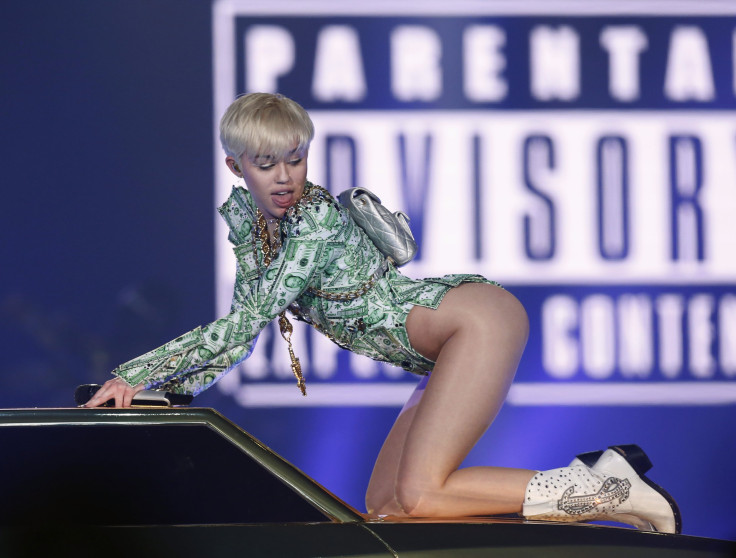
Let’s face it. After last year’s VMAs the whole world saw a new side of Miley Cyrus that kissed her Hannah Montana days goodbye. The once Disney starlet pulled a 180 and became a parent’s worst nightmare, popularizing the infamous “twerk,” sticking her tongue out all the time and smoking weed onstage. For Miley, it might have been a great marketing strategy. Her sales skyrocketed, her songs and videos became number one, and her “Bangerz Tour” was set to be a success, in all except one country.
Miley was set to perform in Santo Domingo, the capital of the Dominican Republic, on September 13, 2014. But not anymore. The Comisión Nacional de Espectáculos Públicos y Radiofonía (CNEPR) or National Commission of Public Entertainment and Radio, the government authority that oversees public performances, banned the show, alleging that Cyrus “undertakes acts that go against morals and customs, which are punishable by Dominican law.” Besides all the twerking, Miley simulates fake oral sex on a Bill Clinton impersonator, among other scandalous things.
After the news broke, many Dominicans called the comission hipocrytical, saying they’re ok banning Miley, but they forget about all the local performers whose lyrics and videos are beyond vulgar and tacky. One case that came up to the light was La Materialista, an urban performer who sings “La Chapa Que Vibran.” “Chapa” is a vulgar way of saying “buttock” so her song is literally about the “vibrating buttocks,” and her video follows the theme. Check it out below. (Text continues after video)
However, others take the sensible approach and analyze what’s going on. They don’t criticize Miley, or La Materialista, but examine the law that prohibits Miley’s concert. Journalist Alexéi Tellerías writes on his personal blog that the Regulation 824, the one authorities resourced to in order to ban the concert, is based on a 1951 law with modifications in 1971 and 1974. Those last two years fall within the historical period of the “12 Years” of Joaquín Balaguer, a disciple of Rafael Leonidas Trujillo, Dominican Republic’s most feared dictator.
Tellerías writes that during Balaguer’s “12 years,” “violations of fundamental human freedoms were legally and illegally violated.” So this whole law for public shows was written to protect the government of people trying to sneak in anti-government propaganda in their performances, as one of the article states that any member of the National Commission of Public Entertainment and Radio is allowed to stop a show if it goes off script, for example.
But, what does this have to do with Miley Cyrus and her concert in the Dominican Republic? The “conspiracy theory” that most people is sticking to is that once her concert was announced in June, parent weren’t too happy about it because they knew they would have to go with their underaged kids to this show, people in general weren’t really interested, and there was not a lot of advertisement, so ticket sales were minimal. Then, what was the best way to prevent a major flop? “Legally” cancelling the show, so sponsors wouldn’t have a way to complain to Saymon Díaz, whose company was organizing the show, since it would be “legally” backed up by the law.
Are you in the Dominican Republic? What else do you hear about the cancelation of this concert? What are your thoughts?
© 2025 Latin Times. All rights reserved. Do not reproduce without permission.




